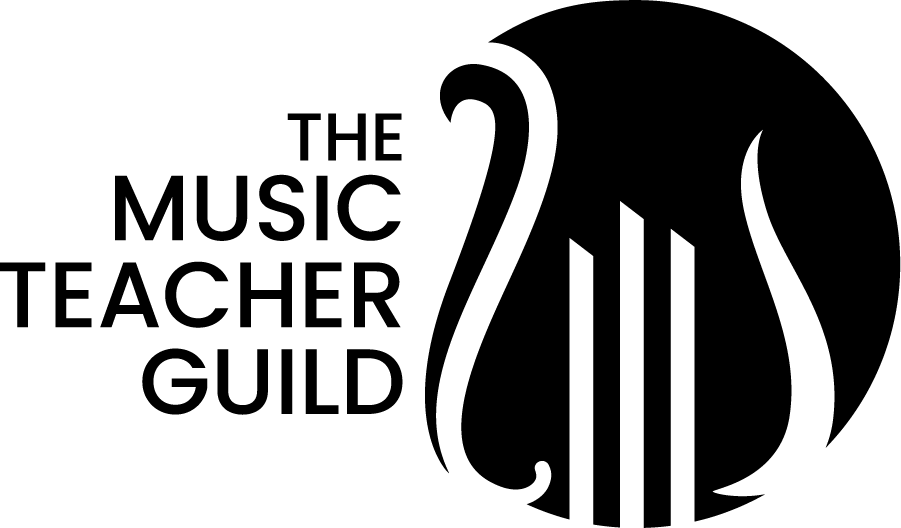Music Teacher Networking for Jobs: Unlocking Career Opportunities
Networking isn’t just for corporate professionals; it’s a powerful tool for music teachers looking to advance their careers. Whether you’re seeking your first teaching position or transitioning to a new role, the right connections can help you discover opportunities that aren’t advertised publicly. In this post, we’ll explore how music teachers can use networking to unlock their career potential and land their dream jobs.
Why Networking Matters for Music Teachers
The majority of jobs in education—particularly in specialized fields like music—are filled before they’re formally posted. This is often referred to as the “hidden job market,” where connections and word-of-mouth referrals play a crucial role. For music teachers, networking not only opens doors but also builds lasting professional relationships that can lead to collaborations, mentorships, and career growth.
Top Networking Strategies for Music Teachers
Attending Networking Events
Face-to-face connections remain one of the most effective ways to build rapport and make lasting impressions. Consider attending:
Music Education Conferences: Events like NAfME (National Association for Music Education) provide excellent opportunities to connect with peers and potential employers.
Local Meetups and Workshops: Smaller, community-based events often lead to meaningful conversations and job leads.
Music Performances or Recitals: Engaging with other educators at these events can help broaden your network.
Pro Tip: Always bring business cards and prepare a quick introduction about your teaching experience and goals.
Joining Online Forums and Communities
The digital age has made networking more accessible than ever. Here are some online spaces to consider:
Social Media Groups: Facebook groups like “Music Teachers Unite” or “Band Directors Group” can provide access to job postings and discussions.
LinkedIn: This professional platform allows you to connect with school administrators, music program coordinators, and other educators.
Music Teacher Guild Forums: Communities like these are tailored to your profession and often include resources for job-seekers.
When participating online, focus on adding value—whether it’s sharing teaching tips, engaging in discussions, or offering to collaborate on projects.
Practicing Effective Networking Techniques
Having a strategy can make your networking efforts more impactful.
Prepare Your Elevator Pitch: Be ready to summarize who you are, what you teach, and your career goals in under a minute.
Follow Up: After meeting someone at an event or online, send a quick email or message thanking them for their time and reiterating your interest in staying connected.
Build Genuine Relationships: Networking isn’t just about job hunting; it’s about forming meaningful professional bonds.
Leveraging Networking for Job Opportunities
Once you’ve built your network, it’s time to strategically tap into it for job leads.
Identify Mentors or Potential Employers: Reach out to experienced educators for advice or introductions to decision-makers in your area.
Stay Active: Consistently engage with your network, even when you’re not actively job-hunting, so you remain top-of-mind for future opportunities.
Ask Thoughtful Questions: Instead of directly asking for a job, inquire about trends in the field or suggestions for improving your teaching practice.
Success Story: One music teacher, Jane, discovered her current job through a connection she made at a local choir festival. After sharing her experience and interest in directing ensembles, she was invited to apply for an unadvertised position.
Common Pitfalls to Avoid
Even with the best intentions, some networking mistakes can hinder your progress:
Over-Networking Without Depth: Quality matters more than quantity. Focus on building a few strong relationships rather than collecting dozens of superficial contacts.
Being Transactional: Approach networking with the goal of mutual benefit. Offering help or sharing resources builds trust and credibility.
Ignoring Follow-Ups: Neglecting to stay in touch can make your initial effort go to waste.
Conclusion
Networking is an invaluable skill for music teachers navigating today’s job market. By attending events, participating in online communities, and practicing effective techniques, you can position yourself for success. Take the first step today: sign up for a music education conference, join an online group, or craft your elevator pitch.
Looking to dive deeper? Check out the Music Teacher Guild for additional resources, forums, and networking opportunities tailored to your career goals.

